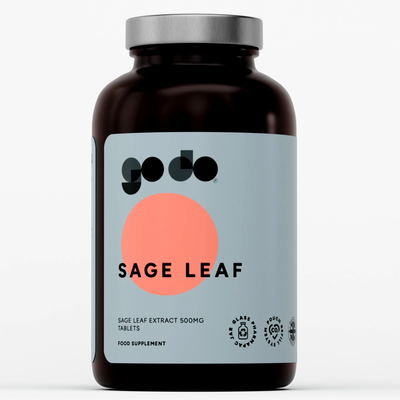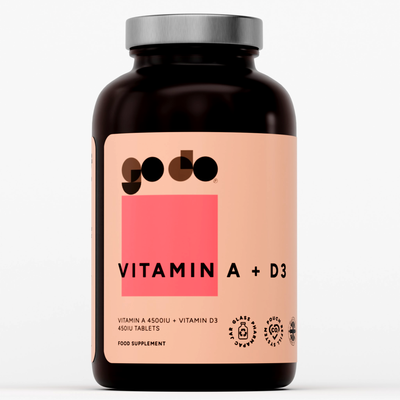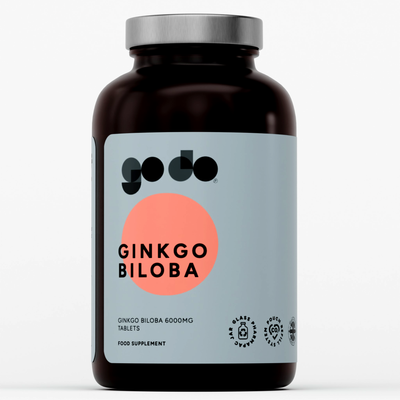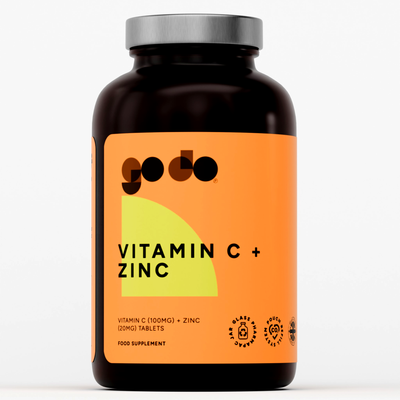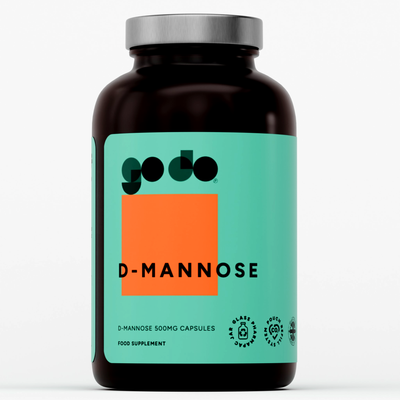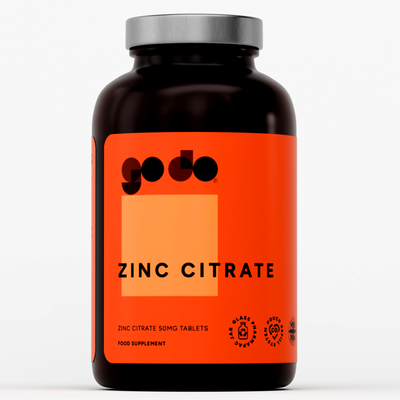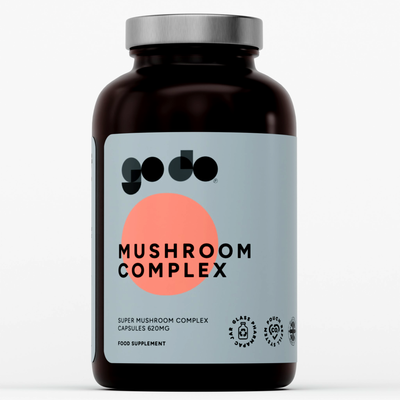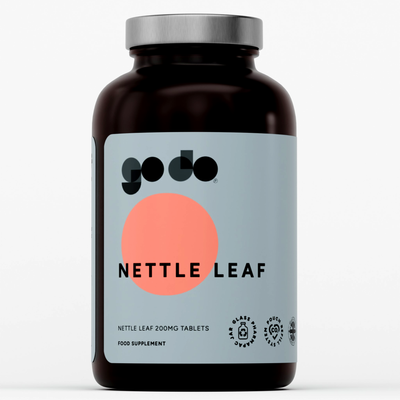References - The following are based upon the articles by Melody Sayers, MD, RD and a NASM-CCPT member. Melody Sayers specializes in nutrition as an NAMS-certified Personal Trainer. Her company Elevate Your Plate® is an individualized, realistic dietary and lifestyle program. Melody is experienced in both the public health and private sectors, helping individuals and community groups improve the quality of life by reducing their weight.

Understanding Protein Shakes
Protein shakes are a popular dietary supplement used to support muscle growth, weight loss, and overall health. They typically consist of a mixture of protein powder, milk or plant-based milk, and other ingredients such as healthy fats, complex carbohydrates, and flavorings. By incorporating these elements, protein shakes can provide a balanced and nutritious option for those looking to add protein in to enhance their diet. Whether you’re using whey protein or plant-based proteins, the combination of these ingredients ensures that your shake is not only delicious but also packed with essential nutrients.
Importance of Amino Acids in Protein Shakes
Amino acids are the building blocks of protein and play a crucial role in protein shakes. There are 20 different amino acids that the protein content the human body uses to build and repair tissues, including muscles, bones, and organs. Protein shakes that contain all nine essential amino acids (EAAs) are considered complete proteins and are more effective at promoting muscle growth and repair. Whey protein, a popular protein powder, is a complete protein that contains all nine EAAs, making it an excellent choice for those looking to maximize the benefits of their protein shakes.
Role of Healthy Fats in Protein Shakes
Healthy fats are an important component of protein shakes, providing energy, supporting brain health, and aiding in the absorption of fat-soluble vitamins. Sources of healthy fats that can be added to protein shakes include almond butter, chia seeds, coconut milk, and nut butters. These ingredients not only add flavor and texture to protein shakes but also provide a boost of nutritional value. Incorporating healthy fats and nut butter into your shakes can help you feel fuller for longer and support overall brain health, making them a valuable addition to your dietary routine.

Healthy carbs for smoothies
Carbohydrate intake in a smoothie helps fuel your day with energy. Choosing carbohydrates with high levels of energy, such as complex carbs, provides important advantages. The best way to add wholesome carbohydrates to smoothies is fruit. Fruit such as banana berries & mango are not only sweet but are rich in vitamins and antioxidants. You can use other foods in smoothies that are rich in carbs and they also provide wholesome nutrients. Other choices added carbs include whole grain.
Healthy fats for smoothies
Contrary to the opinion of many people, fat is not harmful to you. The addition of healthy fats to smoothies whole foods is incredibly beneficial to health. The use of healthy fats is important to hormone generating function as well as the function of the brain. Avocado has great fat content in smoothies. Avocados have monounsaturated fat, which helps to lower blood lipid levels and decreases heart health risks especially compared to other food types. This also adds an easy texture to your smoothie. One way to add some coconut juice is to add coconut milk or coconut oils in smoothie mixes.
Nutritional benefits of protein, carbs, and fats in smoothies
The addition of protein powders and carbs in smoothie recipes may have many health benefits. Protein is essential for muscle repair and muscle building as it helps support immunity and makes your body last longer. Carbohydrates provide energy necessary to maintain a healthy and active brain and provide a variety of nutrients that contribute to healthy body function. Good fats help with hormone growth and brain development and can absorb vitamins. This macronutrient combination creates a nutrient complex carbohydrate-rich smoothie that provides good nutrition for the body as meal replacements or snacks after exercise.
Simple and Complex Carbohydrates
Usually simple carbohydrates occur in the form of simple sugar in most fruits, vegetables, milks, and other foods. The 2 most commonly found sugars is:
-
Glucose: A simple sugar (monosaccharide) that is a primary source of energy for cells in the body. It is found in many foods, particularly in fruits and honey.
-
Fructose: Another monosaccharide, found in fruits, honey, and root vegetables. It is sweeter than glucose and is often used in the form of high-fructose corn syrup in processed foods.
Can I mix protein powder with carbohydrates?
Yes, carbohydrates can be used in the whey protein recipe as part of your diet as they provide an excellent source of protein. Combining whey protein with carbohydrates provides the protein needed for muscle regrowth while consuming carbohydrates.
What are good carbs to add to smoothies?
Among the sources of fiber-rich carbohydrates are bananas, strawberries yogurt, dark leafy greens and oat grains. This fiber-rich carb can be added to your smoothie to aid you in the process of attaining this goal faster than you can!
Balancing Carbs and Protein
Balancing carbohydrates and protein is essential for achieving optimal health and fitness goals. Protein shakes can be used to support muscle growth and repair, while complex carbohydrates provide energy and support overall health. By combining these macronutrients in your shakes, you can create a well-rounded meal or snack that fuels your body and helps you reach your fitness objectives. Whether you’re looking to build muscle, lose weight, or simply maintain a healthy lifestyle, the right balance of carbs and protein in your shakes is key.
Optimal Carb to Protein Ratio for Protein Shakes
The optimal carb to protein ratio for protein shakes varies depending on individual goals and needs. Generally, a ratio of 2:1 or 3:1 (carbohydrates to protein) is recommended for post-workout shakes, while a ratio of 1:1 or 1:2 is recommended for meal replacement shakes. Plant-based proteins such as pea protein and rice protein can be paired with complex carbohydrates such whole grains such as oats, quinoa, and fruit to create a balanced and nutritious protein shake. Additionally, plant-based milk such as almond milk and oat milk can be used to add carbohydrates and creaminess to protein shakes. By adjusting the carb to protein ratio based on your specific needs, you can optimize the benefits of your protein shakes and support your overall health and fitness goals.


